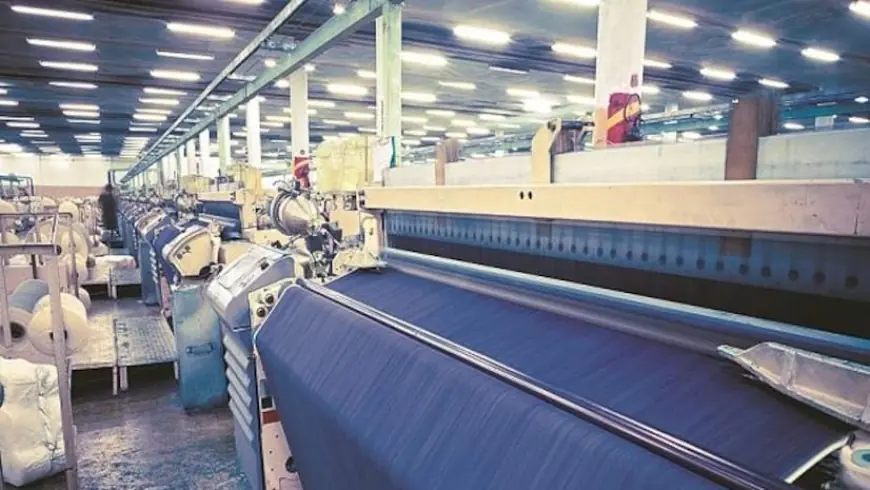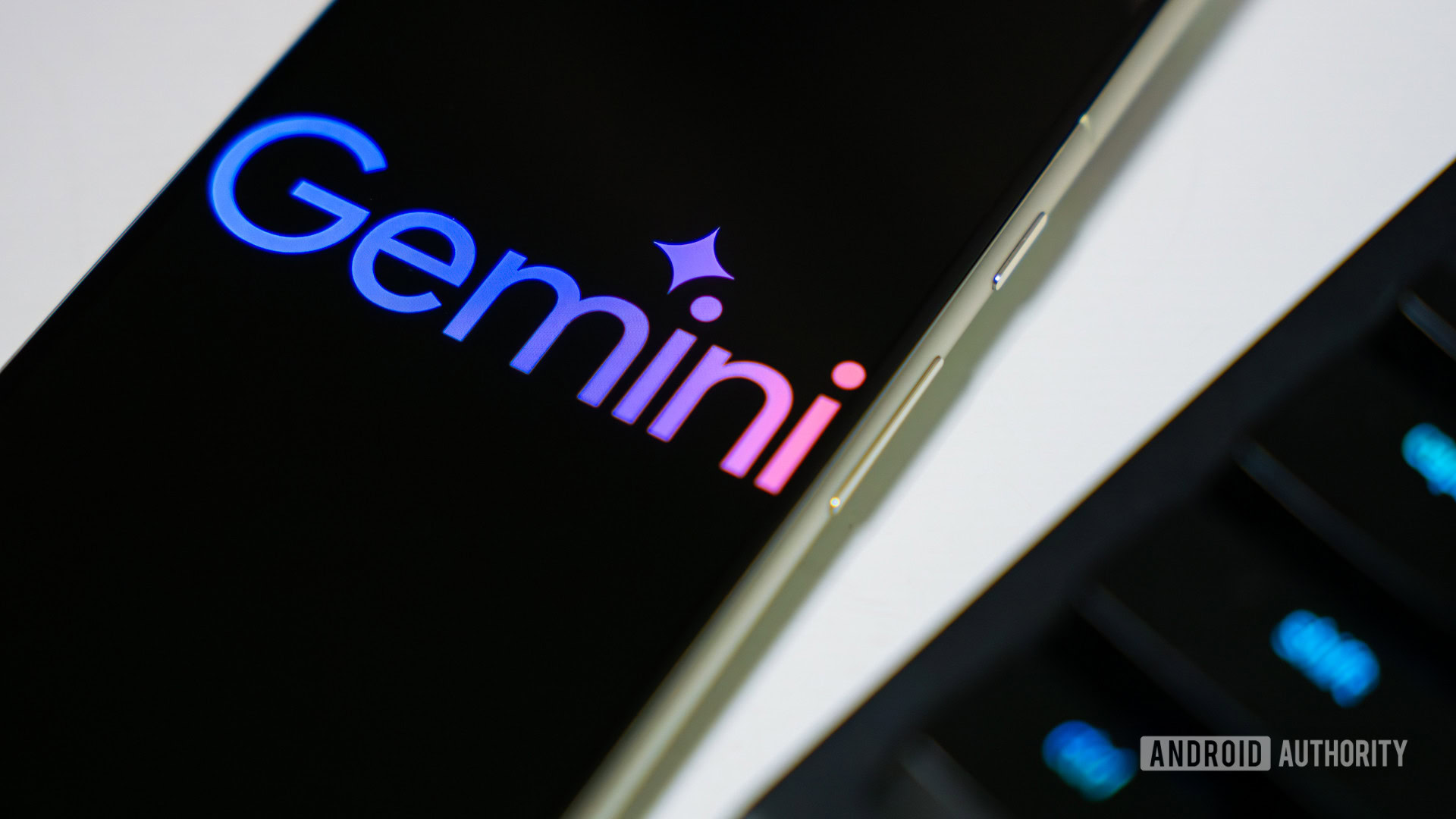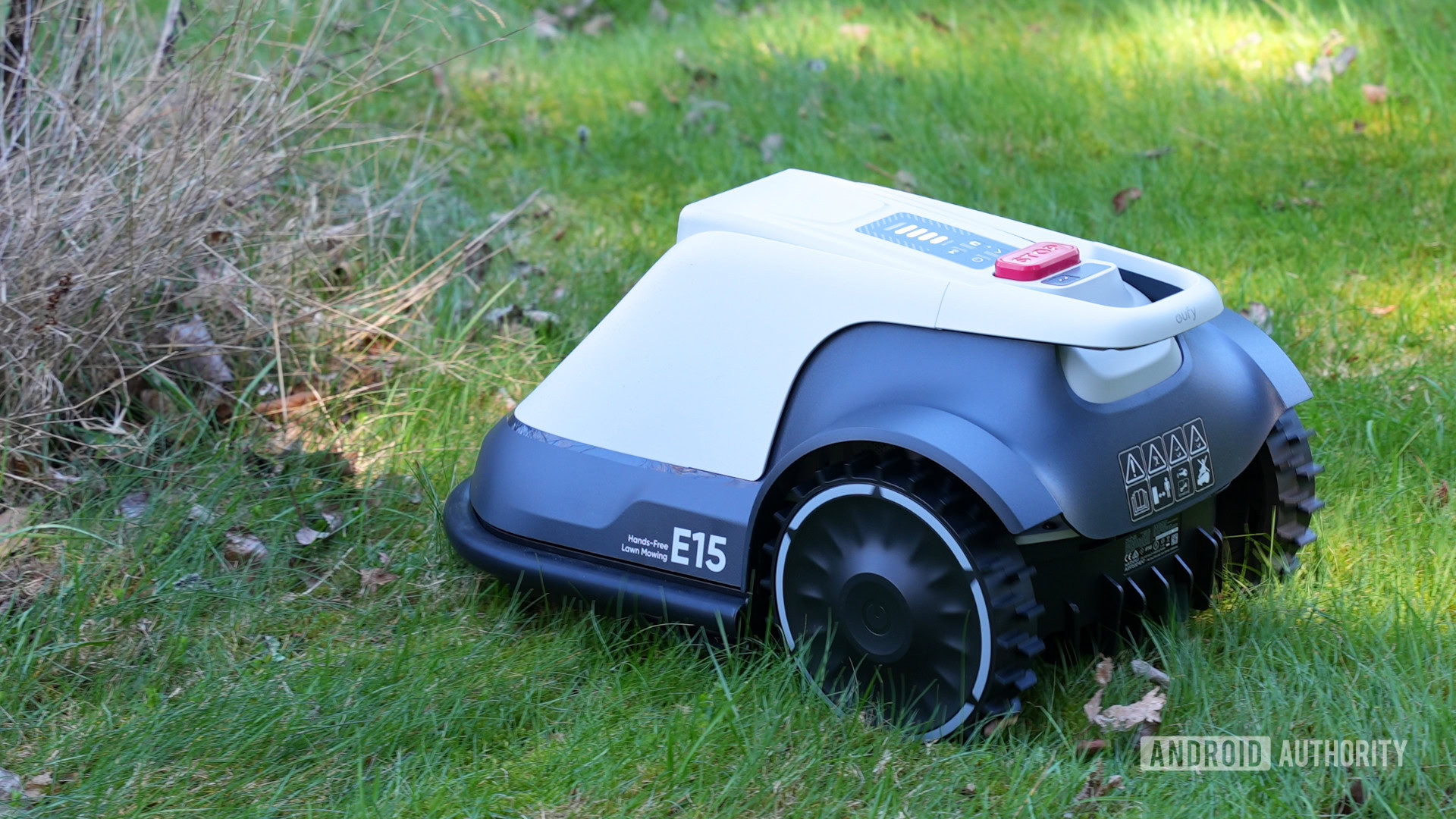Denim Fabric Manufacturing Plant Project Report 2025 on Requirements and Cost for Setup
Denim fabric is a durable cotton twill textile, traditionally woven with indigo-dyed warp yarns and natural weft yarns to produce a distinctive diagonal ribbing pattern.

IMARC Group’s “Denim Fabric Manufacturing Plant Project Report 2025: Industry Trends, Plant Setup, Machinery, Raw Materials, Investment Opportunities, Cost and Revenue” report provides a comprehensive guide on how to successfully set up a denim fabric manufacturing plant. The report offers clarifications on various aspects, such as unit operations, raw material requirements, utility supply, infrastructural needs, machinery models, labour necessities, transportation timelines, packaging costs, etc.
In addition to the operational aspects, the report also provides in-depth insights into denim fabric manufacturing process, project economics, encompassing vital aspects such as capital investments, project funding, operating expenses, income and expenditure projections, fixed and variable costs, direct and indirect expenses, expected ROI, net present value (NPV), profit and loss account, and thorough financial analysis, among other crucial metrics. With this comprehensive roadmap, entrepreneurs and stakeholders can make informed decisions and venture into a successful denim fabric manufacturing unit.
Request a Sample Report: https://www.imarcgroup.com/denim-fabric-manufacturing-plant-project-report/requestsample
What is Denim Fabric?
Denim fabric is a durable cotton twill textile, traditionally woven with indigo-dyed warp yarns and natural weft yarns to produce a distinctive diagonal ribbing pattern. It is primarily recognized for its strength, longevity, and resistance to wear, making it a preferred material in workwear, casual apparel, and fashion segments. The fabric undergoes a variety of finishing processes, including stone washing, sandblasting, and enzyme treatments, to achieve different textures, appearances, and levels of softness. Although originally produced from cotton, modern denim often includes synthetic fibers such as elastane or polyester to improve stretch, fit, and performance. The United States, Japan, Italy, and Turkey are among the leading producers of high-quality denim, supplying material to global brands. The fabric supports various applications including jeans, jackets, shirts, skirts, and accessories. With growing consumer interest in sustainability, the denim industry is actively shifting toward eco-conscious practices such as organic cotton cultivation, waterless dyeing, laser finishing, and circular production models. As fashion cycles accelerate and consumer preferences evolve, denim fabric remains a core material in the global textile and apparel supply chain due to its versatility, wide acceptance across demographics, and its ability to adapt to both heritage and contemporary design trends.
Market Trend and Drivers of Denim Fabric:
The denim fabric market is experiencing sustained growth, driven by a combination of shifting consumer preferences, rising demand for casualwear, and increased global penetration of Western fashion. Rapid urbanization, growing middle-class populations, and rising disposable incomes in emerging economies are significantly boosting denim consumption, particularly in Asia-Pacific and Latin America. The proliferation of e-commerce platforms and fast fashion retailers is further accelerating product accessibility and category expansion. Additionally, technological advancements in textile manufacturing, including the incorporation of stretch fibers and moisture-wicking properties, are enhancing fabric functionality and broadening its appeal across diverse applications. A key driver is the increasing focus on sustainable production, as manufacturers respond to consumer and regulatory pressures by adopting eco-friendly practices such as water-efficient dyeing, organic cotton usage, and recycling initiatives. Collaborations between fashion brands and denim mills to develop premium, limited-edition collections are also contributing to market momentum. In the premium segment, demand for high-quality, ethically produced denim continues to grow, supported by fashion-conscious consumers seeking both style and sustainability. Besides this, denim's versatility across formal, semi-formal, and casual segments ensures consistent demand across genders and age groups.
Key Aspects to Setup a Denim Fabric Plant:
- Location to Setup Plant
- Market Research
- Plant Layout
- Construction and Infrastructure
- Equipment/Machinery Procurement
- Documentation and Licenses
- Cost Analysis
Requirements to Setup a Facility:
- Funds
- Machinery
- Lands
Types of Costs to Setting up a Denim Fabric Factory:
- Land, Location and Site Development Cost
- Plant Layout Cost
- Machinery Requirements and Costs
- Raw Material Requirements and Costs
- Packaging Requirements and Costs
- Transportation Requirements and Costs
- Utility Requirements and Costs
- Human Resource Requirements and Costs
Project Economics:
- Capital Investments
- Operating Costs
- Expenditure Projections
- Revenue Projections
- Taxation and Depreciation
- Profit Projections
- Financial Analysis
Key Questions Answered in the Report:
- How has the denim fabric market performed so far and how will it perform in the coming years?
- What is the market segmentation of the global denim fabric market?
- What is the regional breakup of the global denim fabric market?
- What are the price trends of various feedstocks in the denim fabric industry?
- What is the structure of the denim fabric industry and who are the key players?
- What are the various unit operations involved in a denim fabric manufacturing plant?
- What is the total size of land required for setting up a denim fabric manufacturing plant?
- What is the layout of a denim fabric manufacturing plant?
- What are the machinery requirements for setting up a denim fabric manufacturing plant?
- What are the raw material requirements for setting up a denim fabric manufacturing plant?
- And more…
How IMARC Can Help?
IMARC Group is a global management consulting firm that helps the world’s most ambitious changemakers to create a lasting impact. The company provide a comprehensive suite of market entry and expansion services. IMARC offerings include thorough market assessment, feasibility studies, company incorporation assistance, factory setup support, regulatory approvals and licensing navigation, branding, marketing and sales strategies, competitive landscape and benchmarking analyses, pricing and cost research, and procurement research.
Services:
- Plant Setup
- Factoring Auditing
- Regulatory Approvals, and Licensing
- Company Incorporation
- Incubation Services
- Recruitment Services
- Marketing and Sales
Contact Us:
IMARC Group
134 N 4th St. Brooklyn, NY 11249, USA
Email: sales@imarcgroup.com
Tel No:(D) +91 120 433 0800
United States: +1-631-791-1145
What's Your Reaction?
 Like
0
Like
0
 Dislike
0
Dislike
0
 Love
0
Love
0
 Funny
0
Funny
0
 Angry
0
Angry
0
 Sad
0
Sad
0
 Wow
0
Wow
0
























































